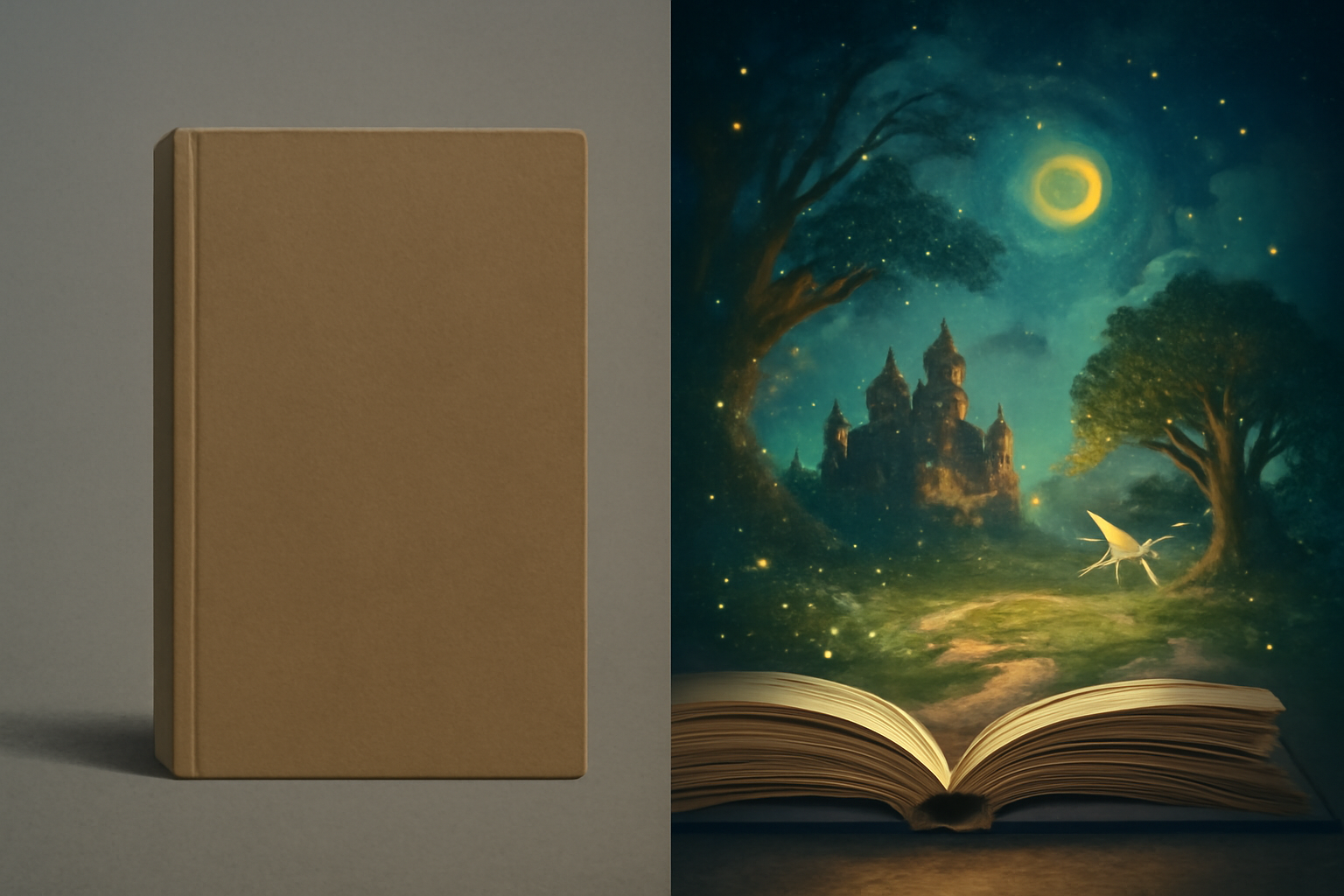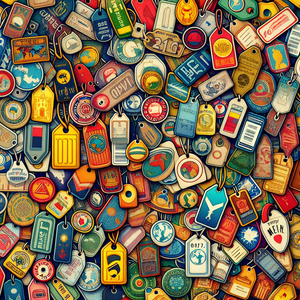Junkyard Orchestra: How Communities Are Making Music—and Change—With Discarded Materials

Junkyard Orchestras embody the philosophy of transforming waste into musical instruments, giving new life to scraps, bottles, and broken appliances. The Recycled Orchestra of Cateura in Paraguay, for example, crafts violins and cellos from landfill debris, providing purpose and opportunity to children in poverty. Similar movements exist in South Africa with the Buskaid Soweto String Project, and in American cities like Detroit and New Orleans, where community 'maker jams' turn industrial parts into instruments and raise recycling awareness.
Harmony Beyond Borders: Music as a Universal Language
These initiatives unite people across cultural and social divides, fostering shared purpose through music. Projects like Dharavi Rocks in Mumbai engage children from slums in making percussion instruments from waste, building confidence and community pride. Cross-cultural exchanges, such as Germany’s Stompers collaborating with musicians in Brazil and Kenya, show how upcycled music fosters global dialogue on creativity, sustainability, and empowerment.
Environmental Impact: Raising Awareness Through Rhythm
Junkyard Orchestras advocate for environmental responsibility by showcasing the value of upcycling. Groups like Ecuador’s Banda de Reciclaje host 'eco-jams' to teach children and adults how to turn waste into instruments, promoting environmental stewardship through hands-on experiences. These activities demystify recycling and upcycling, aligning with the trend of crafting unique, sustainable musical instruments.
The Sound of Change
Junkyard Orchestras are at the forefront of a global movement, reshaping how we make music and view resources. By transforming trash into tools for expression and connection, they demonstrate that creativity is a renewable resource. Their message is one of hope and innovation, showing that with imagination, even discarded materials can have new purpose.
The story of Junkyard Orchestras is one of transformation—of materials, people, and communities. They show us that music can be made anywhere, by anyone, with anything. Their melodies remind us that the solutions to some of our greatest challenges may be found not in what we have, but in what we are willing to reimagine. Through their upcycled notes and rhythms, Junkyard Orchestras play not just the sound of music, but the sound of change.
Community Arts Program Coordinator (Sustainable Arts Initiatives)
community arts centers, environmental nonprofits (e.g., Earthwatch, local arts councils), urban development agencies
Design and Manage Creative Programs
Develop and oversee arts programs that use recycled or upcycled materials
Foster creativity and environmental awareness in diverse communities
Partnership Building
Cultivate relationships with schools, nonprofits, local governments, and recycling organizations
Secure resources and broaden program reach
Event Organization
Plan hands-on workshops, maker jams, and public performances combining music, sustainability, and community engagement
Required Skills
Experience in arts education or community organizing
Strong project management skills
Passion for sustainability
Upcycled Musical Instrument Designer
maker spaces, eco-focused music groups (like the Recycled Orchestra), independent studios
Innovative Instrument Creation
Conceptualize and craft musical instruments from discarded or unconventional materials
Focus on sound quality and sustainability
Research & Experimentation
Test various materials (metal, plastics, wood scraps) for acoustic properties and durability
Refine designs based on user feedback
Collaboration
Work with musicians, environmental educators, and artisan collectives to prototype and showcase new instruments
Required Skills
Background in industrial design, luthiery, or acoustics
Strong portfolio of upcycled projects
Environmental Music Educator
educational nonprofits, museums, outreach arms of environmental agencies (e.g., The Nature Conservancy, local school districts)
Curriculum Development
Create lesson plans integrating music, environmental science, and hands-on recycling/upcycling activities
Interactive Teaching
Lead workshops in schools, community centers, or outdoor events
Guide participants in building and playing instruments from waste materials
Advocacy
Promote environmental stewardship and creativity through music
Act as spokesperson or representative at public events
Required Skills
Teacher certification or equivalent experience
Knowledge of music education and environmental issues
Strong communication skills
Documentary Filmmaker (Focus: Social Impact & Arts)
production companies, NGOs (like UNICEF, Al Jazeera Witness), streaming services
Story Development
Research and craft compelling narratives around Junkyard Orchestras, upcycled arts, and community transformation
Production & Direction
Film and edit documentaries or short features
Capture the creative process and its social/environmental impact
Distribution
Work with broadcasters, streaming platforms, and festivals to bring stories to wider audiences
Required Skills
Proven experience in documentary filmmaking
Strong storytelling and interviewing skills
Portfolio of work on cultural or sustainability topics
Cross-Cultural Arts Exchange Coordinator
cultural institutes (like the Goethe-Institut, British Council), international NGOs, global arts festivals
Program Facilitation
Organize international arts residencies, workshops, and cultural exchanges centered on upcycled music and sustainable creativity
Logistics & Communication
Coordinate travel, visas, translation, and scheduling for visiting artists
Manage cross-border collaborations
Impact Assessment
Evaluate outcomes of exchanges
Collect feedback and report on community engagement and sustainability goals
Required Skills
Multilingual abilities
Experience in arts administration or international project management
Knowledge of sustainability-focused arts


